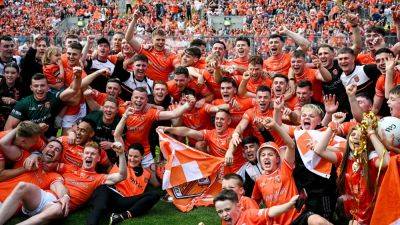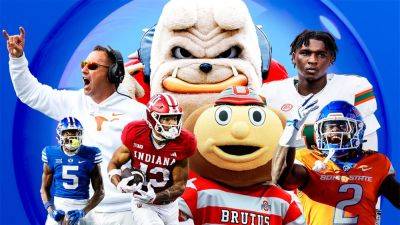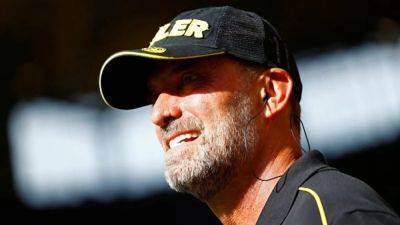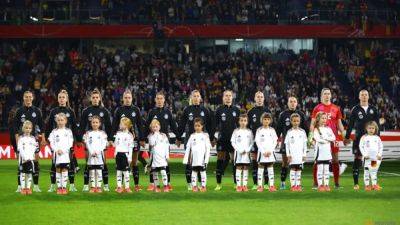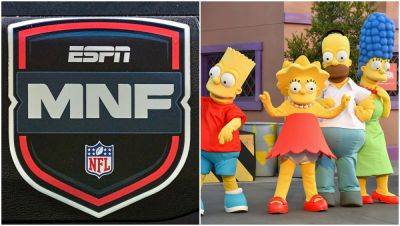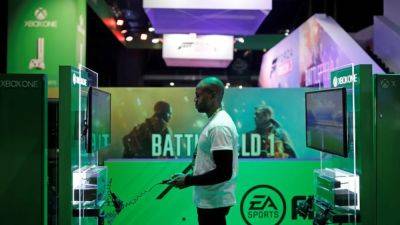History repeating itself as football seeks an overhaul
This weekend the Football Review Committee will showcase their proposals to make the game of Gaelic football more entertaining.
Tonight and tomorrow’s games are a shop window for Jim Gavin’s group and their seven core enhancements.
They are treading a well-worn path with regard to the continued examination of this code, something that has been ongoing for over 140 years.
And whilst the public will tune in with much interest to see the latest new rule proposals, historically, Gaelic football has never been shy in search of a new look.
"All ball games from Gaelic football to association football, American, Australian, rugby league and union - and everything in between - all share the same ancestor: opposing groups contesting and fighting over possession of a ball and trying to direct it by somewhat agreed means to a set target," says Cian Murphy, GAA communications manager and secretary of the GAA’s history committee.
"But sports evolve, and Gaelic football has had a greater fascination with evolution than most. In that regard a man called Dick Blake is one of the most important figures in the history of the GAA that you may have never heard of."
After the 1840s famine, Ireland continued to be ravaged by economic turmoil, potato crop failure, mass emigration and a massive dependence on agriculture.
Emigration affected the male population aged 15-35, which was exactly the age-bracket that would have been the GAA playing base.
There was political in-fighting, unrest between the GAA and Catholic Church and Gaelic games had lost their initial lustre.
"The GAA was on its knees," Murphy says. "But Gaelic football, and by extension the association, was, in many ways, saved by the emergence of a Meath man called Dick Blake.
"A journalist,



